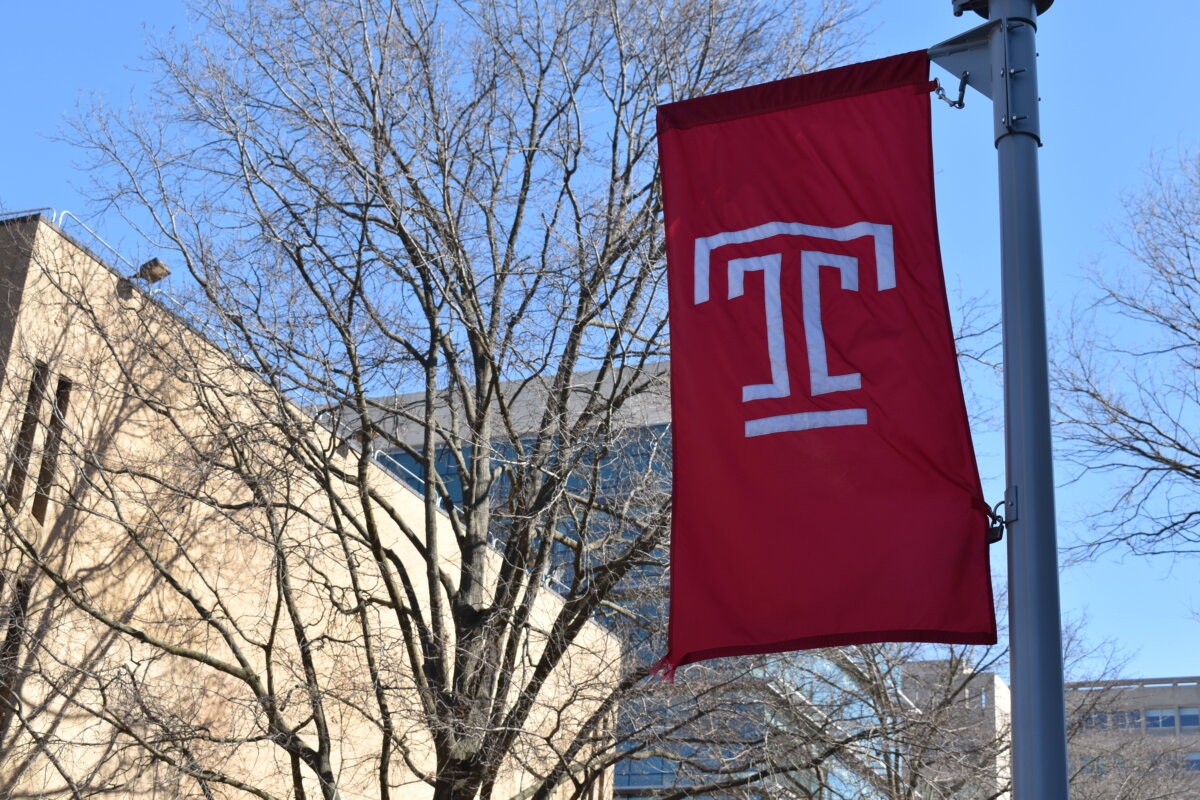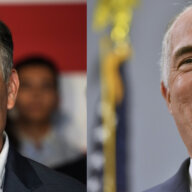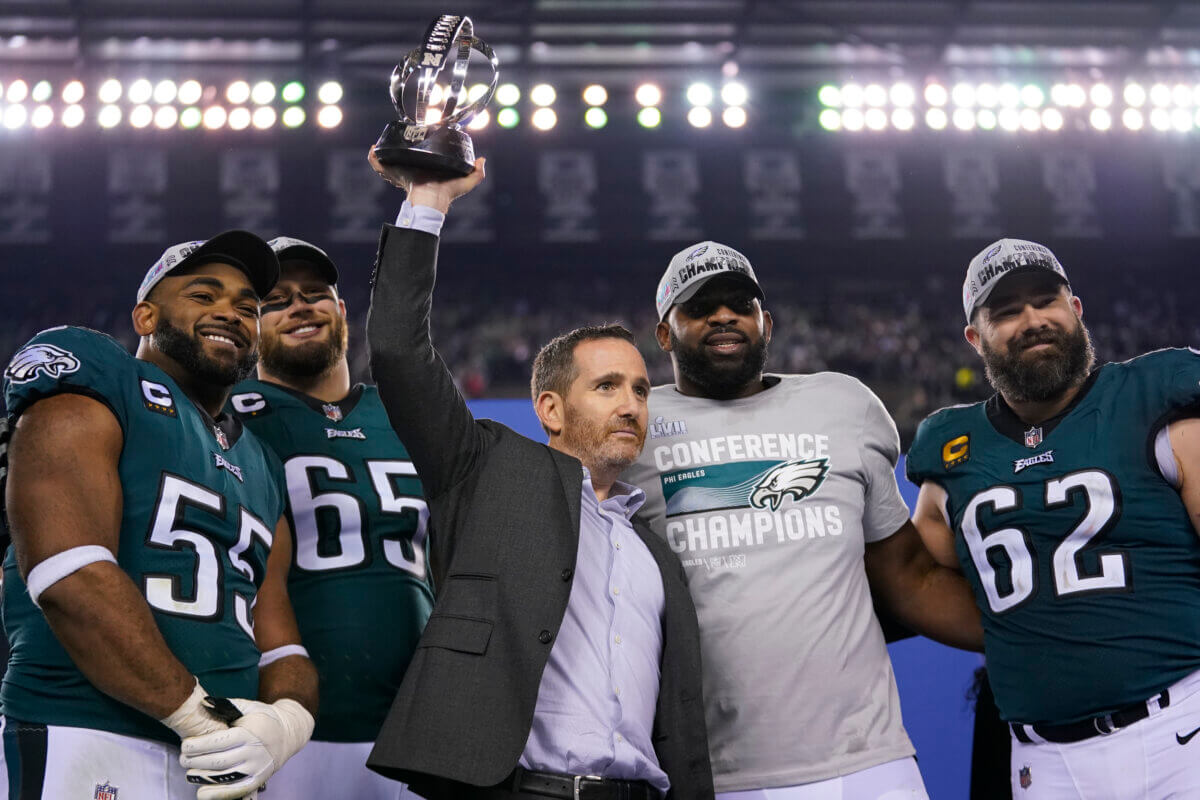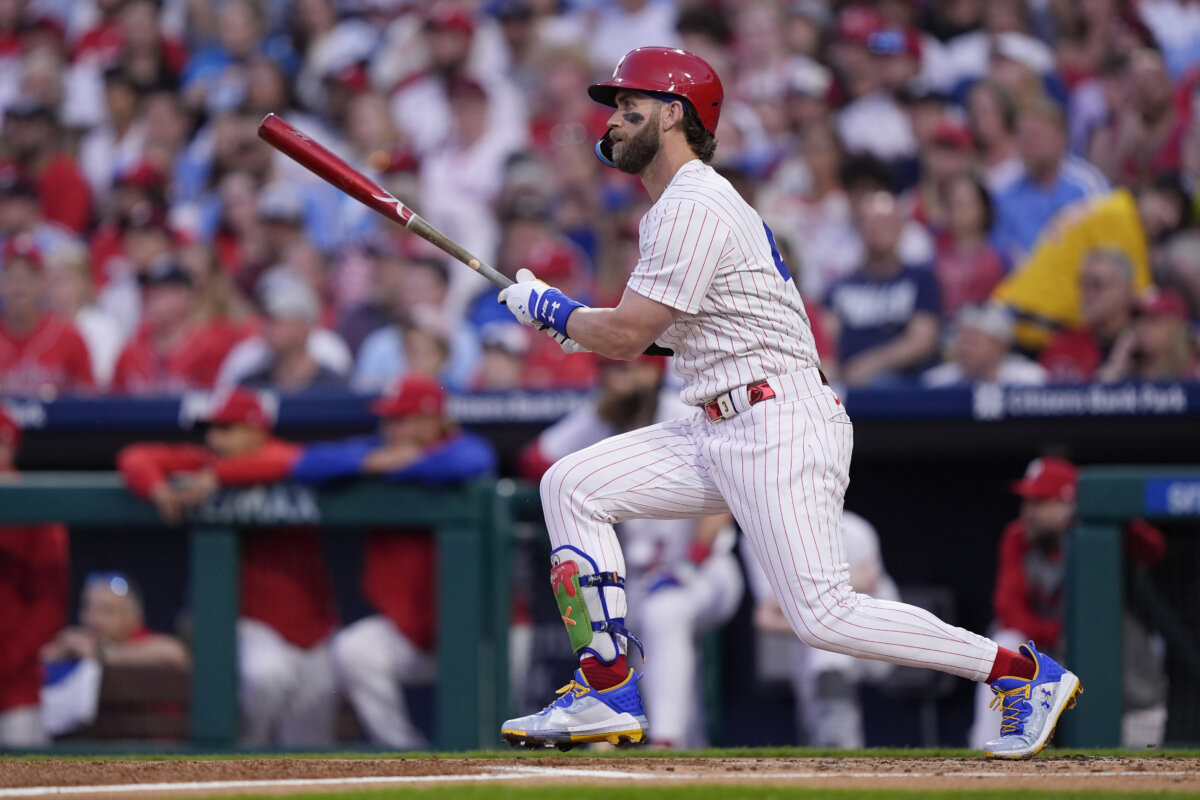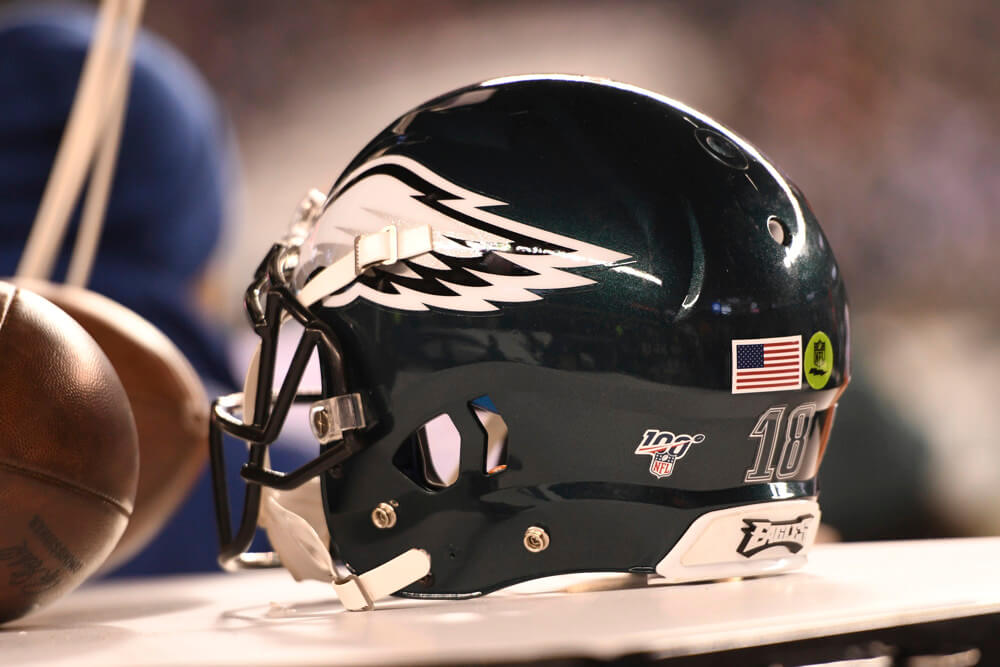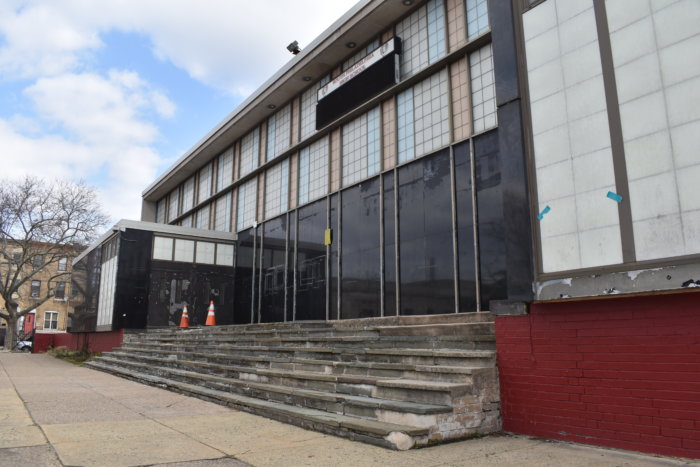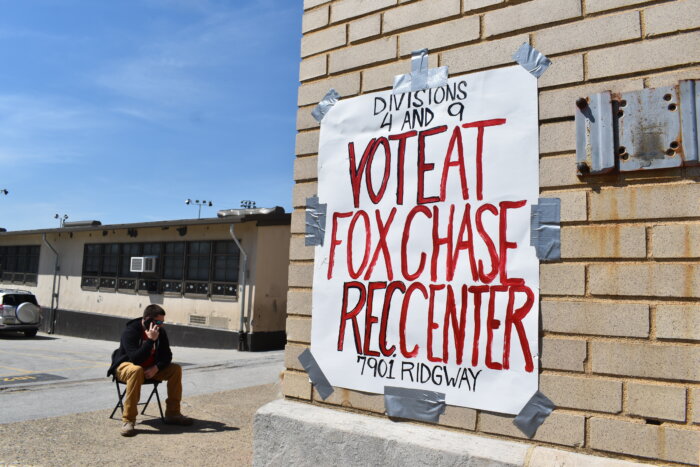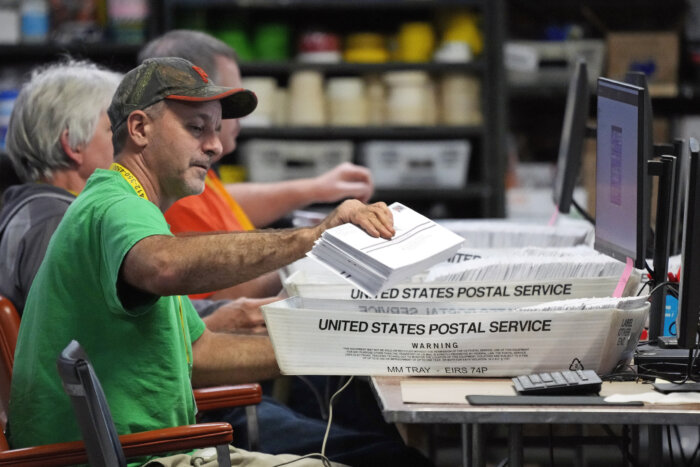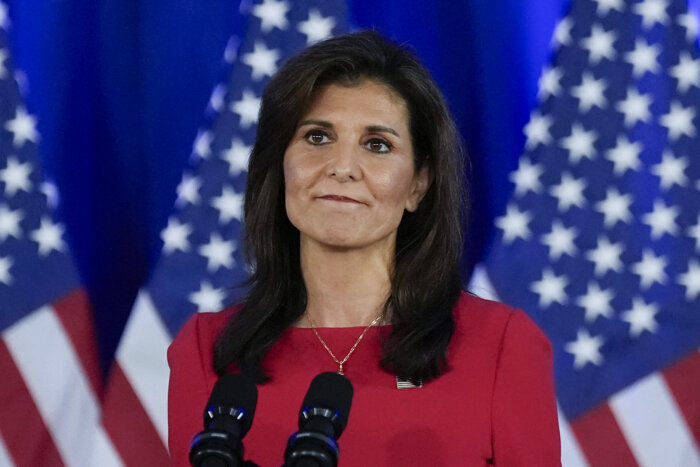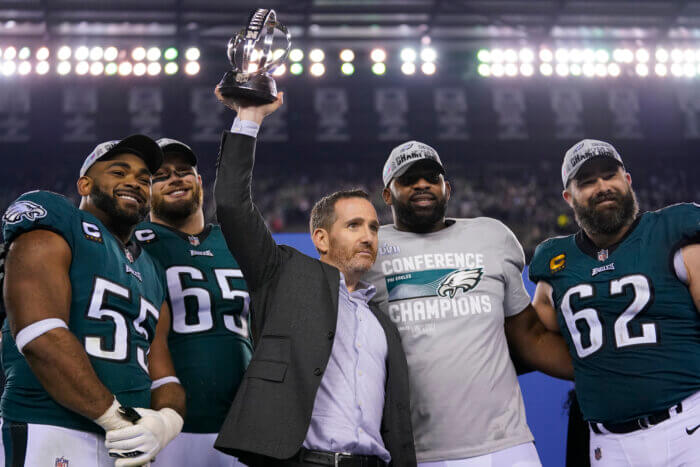The Temple University faculty union says it still plans to go forward with a no-confidence vote scheduled next month on two top officials following the announcement of the resignation of the university president.
The resignation of Jason Wingard — the first Black president at Temple University, following a tenure of less than two years — will take effect Friday. Wingard, 51, has led the 33,600-student university since July 2021.
The university said Tuesday the board of trustees had accepted Wingard’s resignation and “a small group of senior Temple leaders” would be designated to guide the university while another president is being sought. Officials vowed the “highest level of focus” on urgent issues facing the university, “particularly campus safety.”
The Temple Association of University Professionals had scheduled a no confidence vote for the week of April 10 on Wingard; Mitchell Morgan, the board of trustees chairman; and Gregory Mandel, the university’s provost. The union called Wingard’s resignation a step in the right direction but said the vote on Morgan and Mandel would go forward.
“Our vote is about more than the individuals on the ballot, it is about the future of Temple University – our university,” the association said Tuesday night, saying “hundreds of faculty members, academic professionals, librarians, and undergraduate and graduate students” were calling for a new vision for the university’s future.
The special committee announced by the board to address serious concerns was “notably missing … students, faculty, staff and the broader north Philadelphia community,” the union said.
Union members have cited concerns over falling enrollment, financial issues and labor disputes. During an emergency town hall meeting earlier this month, faculty members spoke of a reduction of faculty positions, non-renewal notices on contracts and increasing class sizes, WHYY reported.
Wingard told a panel of state lawmakers last week that Philadelphia’s homicide rate has wrought a climate in which students, faculty, parents and staff are afraid. A Temple University police officer was shot and killed near the North Philadelphia campus last month, the first line-of-duty death of an officer in university history.
The university had also been dealing with a strike by graduate students who are teaching and research assistants, a walkout that lasted for six weeks before their union ratified a new contract earlier this month.



